Five times musicians have said no to politicians using their music
Dr. Dre is the latest musician to go up against a politician after his music was used in a social media clip of Republican congresswoman Majorie Taylor Greene
Your support helps us to tell the story
From reproductive rights to climate change to Big Tech, The Independent is on the ground when the story is developing. Whether it's investigating the financials of Elon Musk's pro-Trump PAC or producing our latest documentary, 'The A Word', which shines a light on the American women fighting for reproductive rights, we know how important it is to parse out the facts from the messaging.
At such a critical moment in US history, we need reporters on the ground. Your donation allows us to keep sending journalists to speak to both sides of the story.
The Independent is trusted by Americans across the entire political spectrum. And unlike many other quality news outlets, we choose not to lock Americans out of our reporting and analysis with paywalls. We believe quality journalism should be available to everyone, paid for by those who can afford it.
Your support makes all the difference.Politicians have been diversifying their tactics in attempts to engage new audiences in recent years.
This has resulted in the use of music alongside campaigns, speeches and social media videos. Many try to choose a track that makes them relatable, or worse, cool.
As you can imagine, when an artist disagrees with the politics of the person who has used their music, things can get a little ugly.
Below we list five times artists have rejected politicians using their music:
Dr. Dre
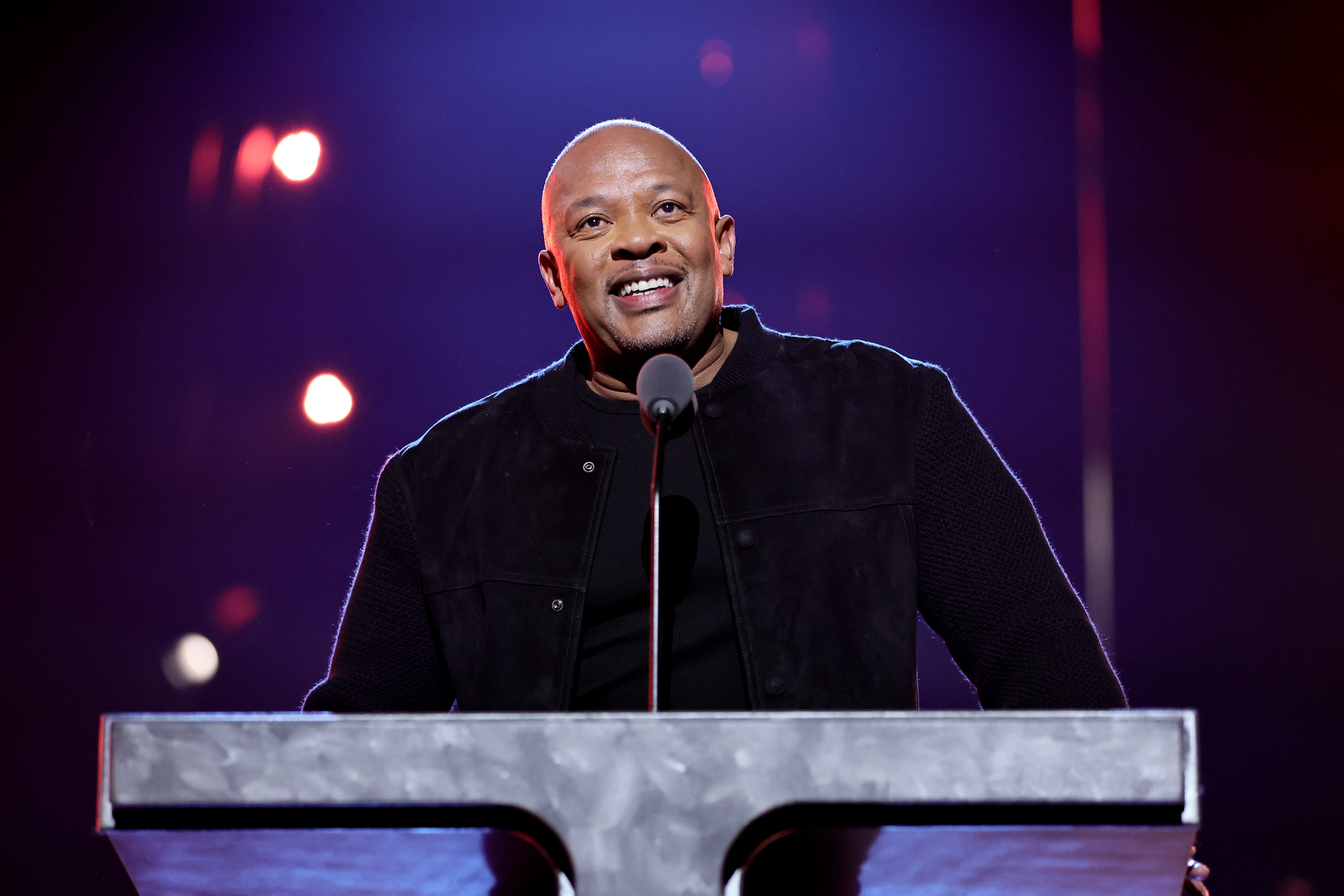
Dr. Dre is the latest artist to go up against a politician after his music was used in a social media clip of Republican congresswoman Majorie Taylor Greene.
The politician, who represents Georgia, has a controversial history of sharing extremist views and Dr. Dre was not impressed at being associated with her.
The rapper sent a cease and desist letter to the politician after she used his song “Still D.R.E” to soundtrack a video which celebrated Kevin McCarthy’s election as House Speaker.
But Dre isn’t happy: “I don’t licence my music to politicians, especially someone as divisive and hateful as this one,” said Dre as reported by TMZ. The clip has since been removed.
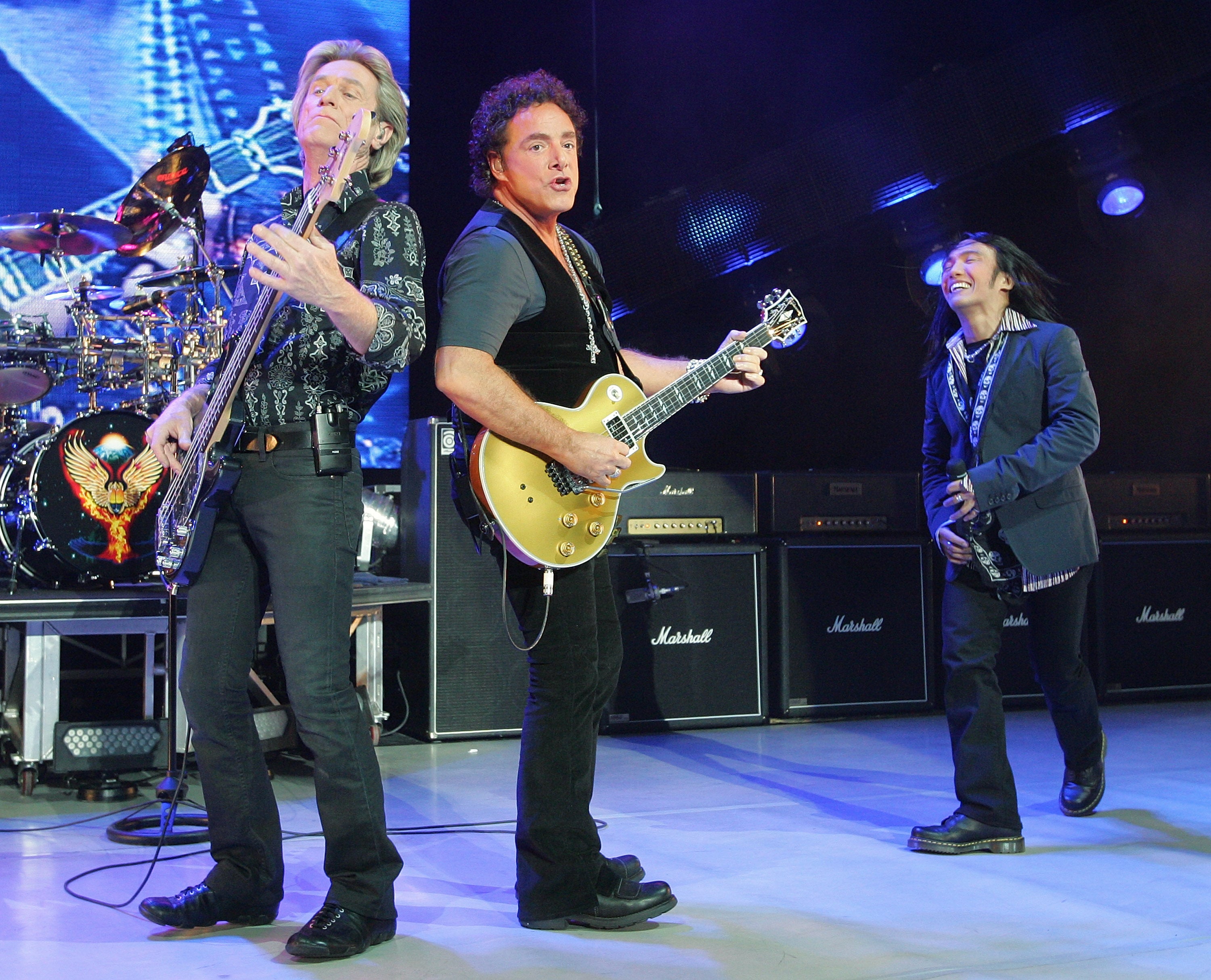
Journey’s founding members were feuding last month after the keyboardist sang the Eighties rock band’s songs during a performance at Donald Trump’s estate.
Neal Schon, the group’s guitarist sent a cease and desist letter to his bandmate Jonathan Cain, saying he had “no right” to use the band’s songs for political endeavours and that it was “harmful” to their reputation.
Enjoy unlimited access to 100 million ad-free songs and podcasts with Amazon Music
Sign up now for a 4 month free trial (3 months for non-Prime members)
Enjoy unlimited access to 100 million ad-free songs and podcasts with Amazon Music
Sign up now for a 4 month free trial (3 months for non-Prime members)
Cain, who is married to Trump’s advisor, performed their songs at America First Policy Institute’s Experience and Gala at Mar-A-Lago in November.
"Although Mr Cain is free to express his personal beliefs and associations, when he does that on behalf of Journey or for the band, such conduct is extremely deleterious to the Journey brand as it polarises the band’s fans and outreach,” Schon wrote in a letter, reported by Variety.
“Journey is not, and should not be, political,” he added.
Cain’s spokesman responded to Variety at the time, saying: "Schon is just frustrated that he keeps losing in court and is now falsely claiming the song has been used at political rallies.”
M People
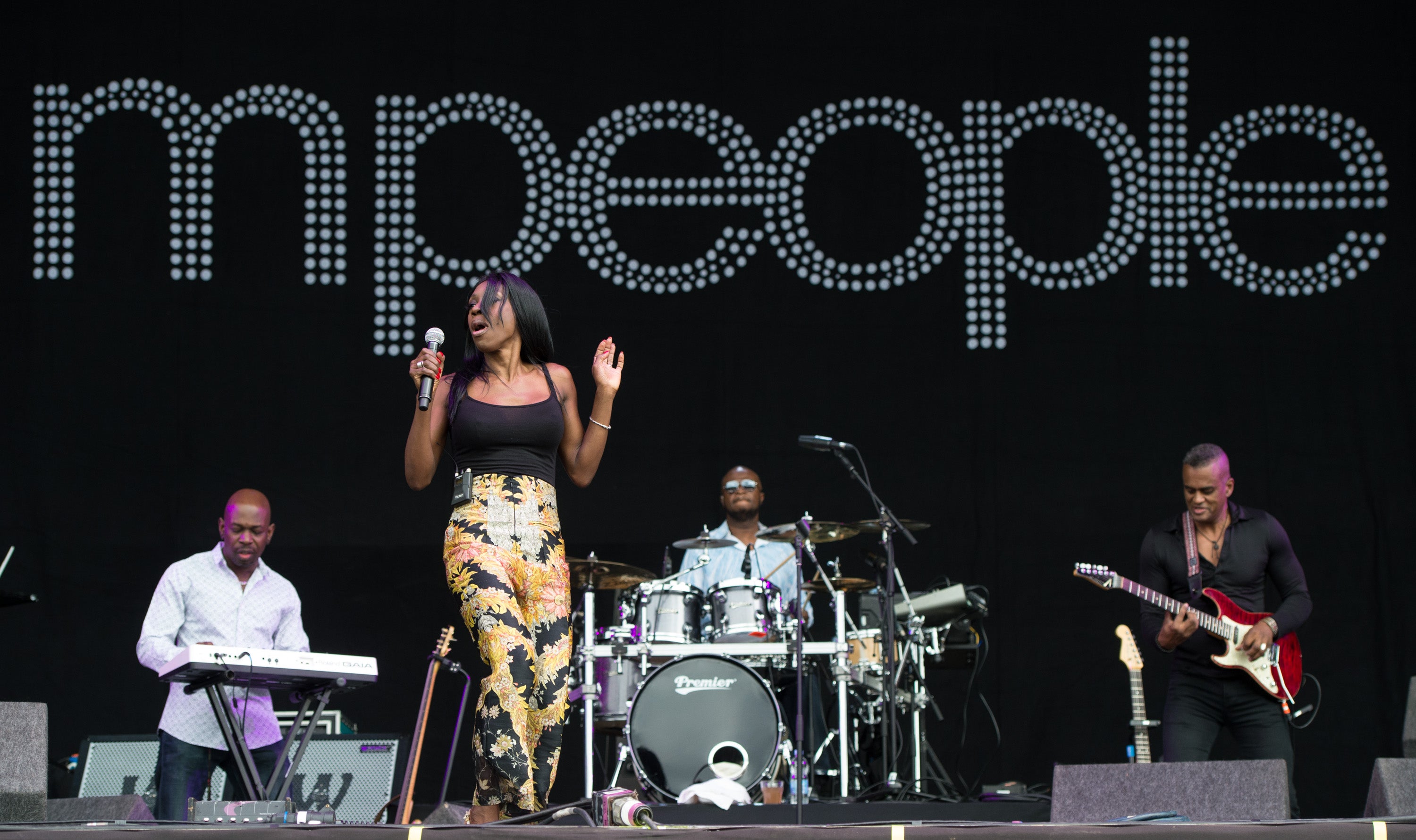
When former prime minister Liz Truss walked onto the stage to the sound of M People’s hit “Moving On Up" at the Conservative Party conference, M People founder Mike Pickering was less than impressed.
Truss walked onstage to the sound of the 1993 dance-pop track before delivering her speech in October.
“So apparently we can’t stop Truss walking out to our song, very weird!” Pickering wrote on Twitter at the time.
“So sad it got used by this shower of a government. [By the way] Truss, Labour used it with permission in [the] Nineties. I don’t want my song being a soundtrack to lies.”
Many were already confused by the choice of song, given that the group’s singer Heather Small’s son is a Labour councillor.
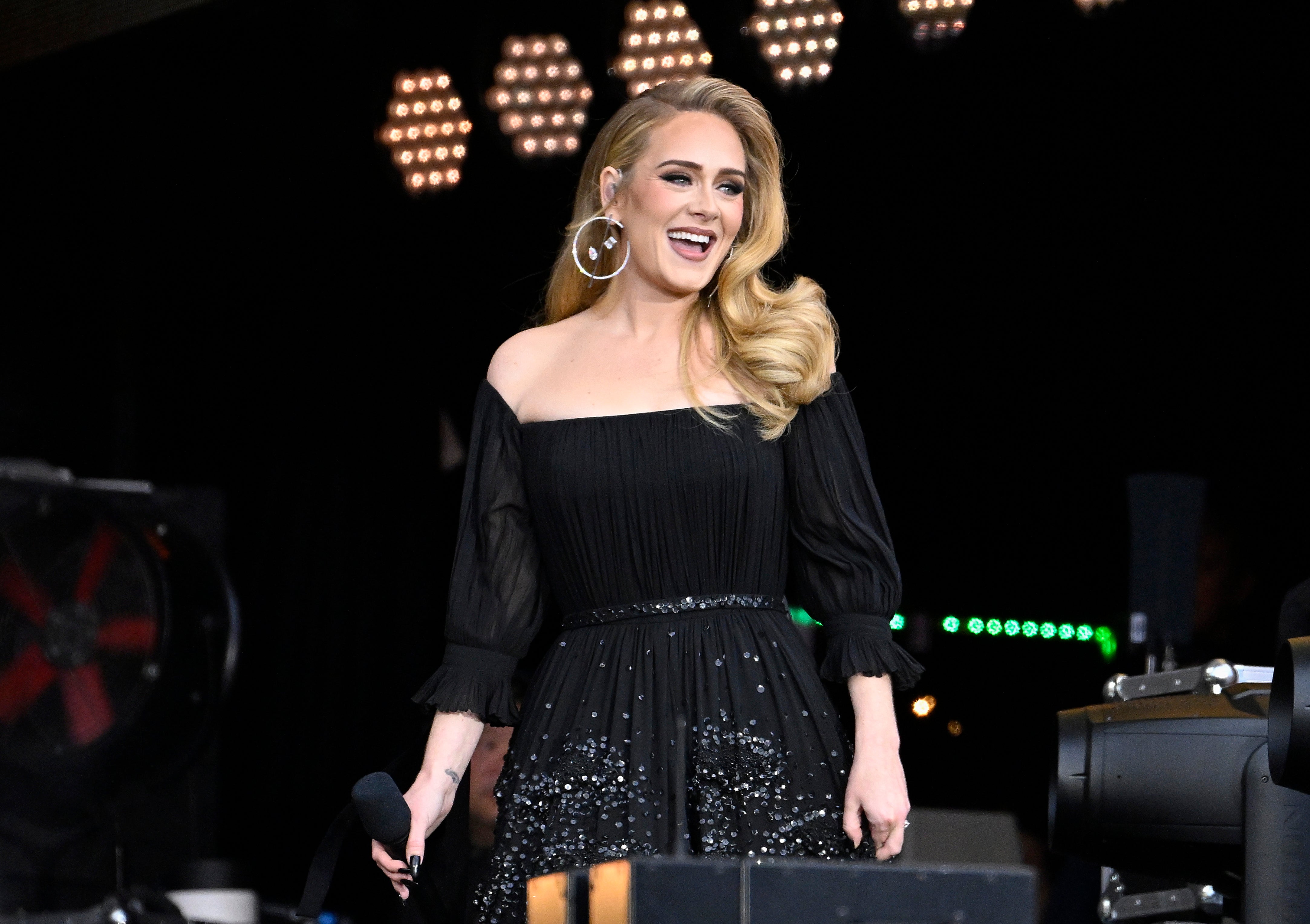
Adele is among a huge number of musicians who have tried to stop the use of their songs at Donald Trump rallies and campaigns.
The singer rejected the use of her tracks "Rolling in the Deep" and "Skyfall" at Trump’s rallies in 2016, requesting that her music be left out of any political campaigns.
Fans at the time were not happy: “Noooooo!! Not Adele!! Must Trump ruin that too?!,” questioned one fan. “I think she’s cringing as much as we are ... wish he would drown in the deep. The bigot,” wrote another.
A spokesperson for the singer later told The Independent: “Adele has not given permission for her music to be used for any political campaigning.”
She later endorsed Trump’s rival at the time, Hilary Clinton.
Other artists who have rejected Trump’s use of their music include Pharrell Williams, Rihanna, Neil Young, Bruce Springsteen, The Beatles and Elton John, to name a few.
Friendly Fires
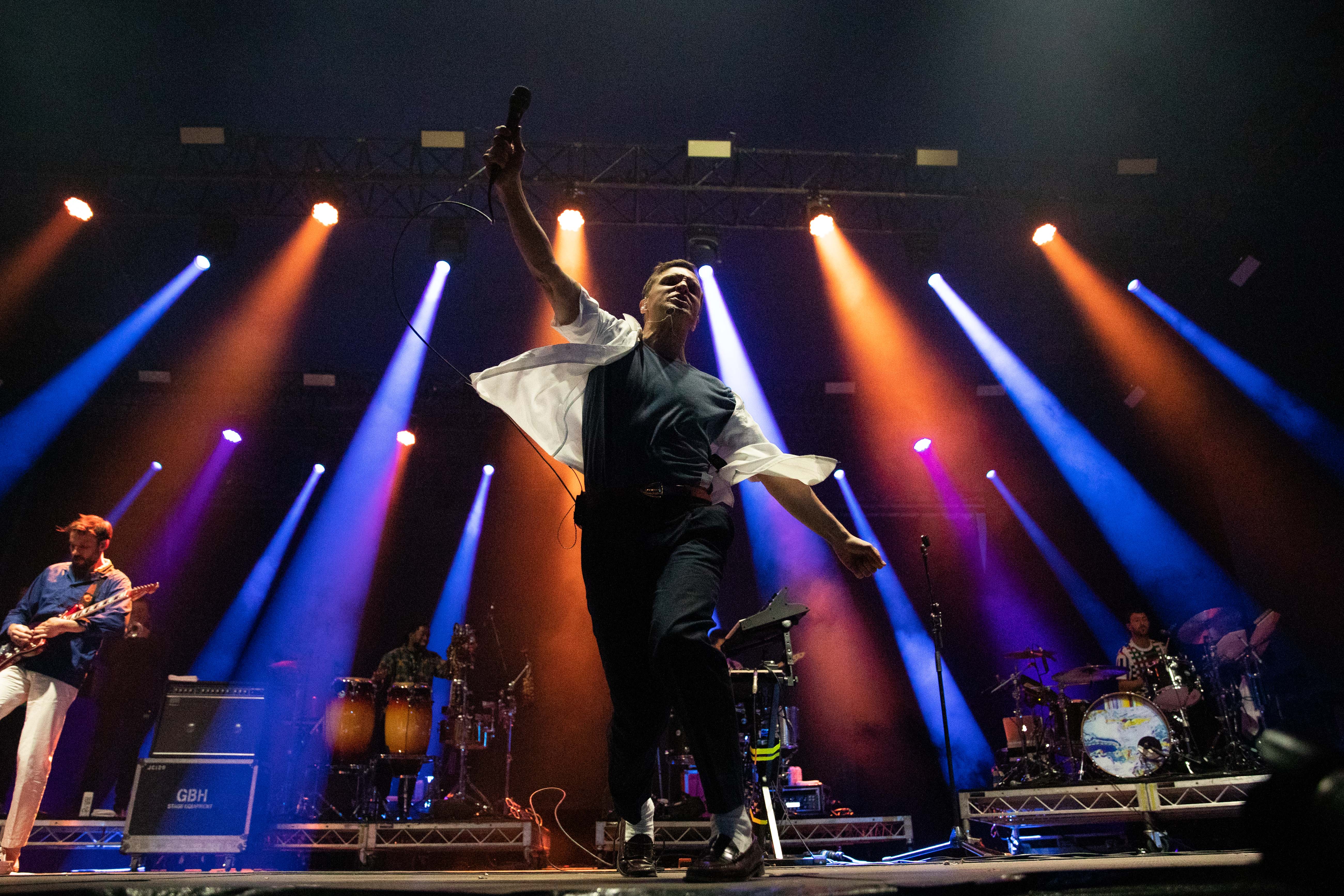
British indie band Friendly Fires made it known that they weren’t happy when Boris Johnson used one of their tracks.
The former Conservative prime minister used their song“Blue Cassette” ahead of his keynote speech at the Conservative Party Conference in October 2021.
"We do not endorse the Conservative party’s use of our track Blue Cassette,” the band wrote on their social media at the time.
"Our permission was not sought, and we have asked our management to make sure it isn’t used again,” they added.




Join our commenting forum
Join thought-provoking conversations, follow other Independent readers and see their replies
Comments